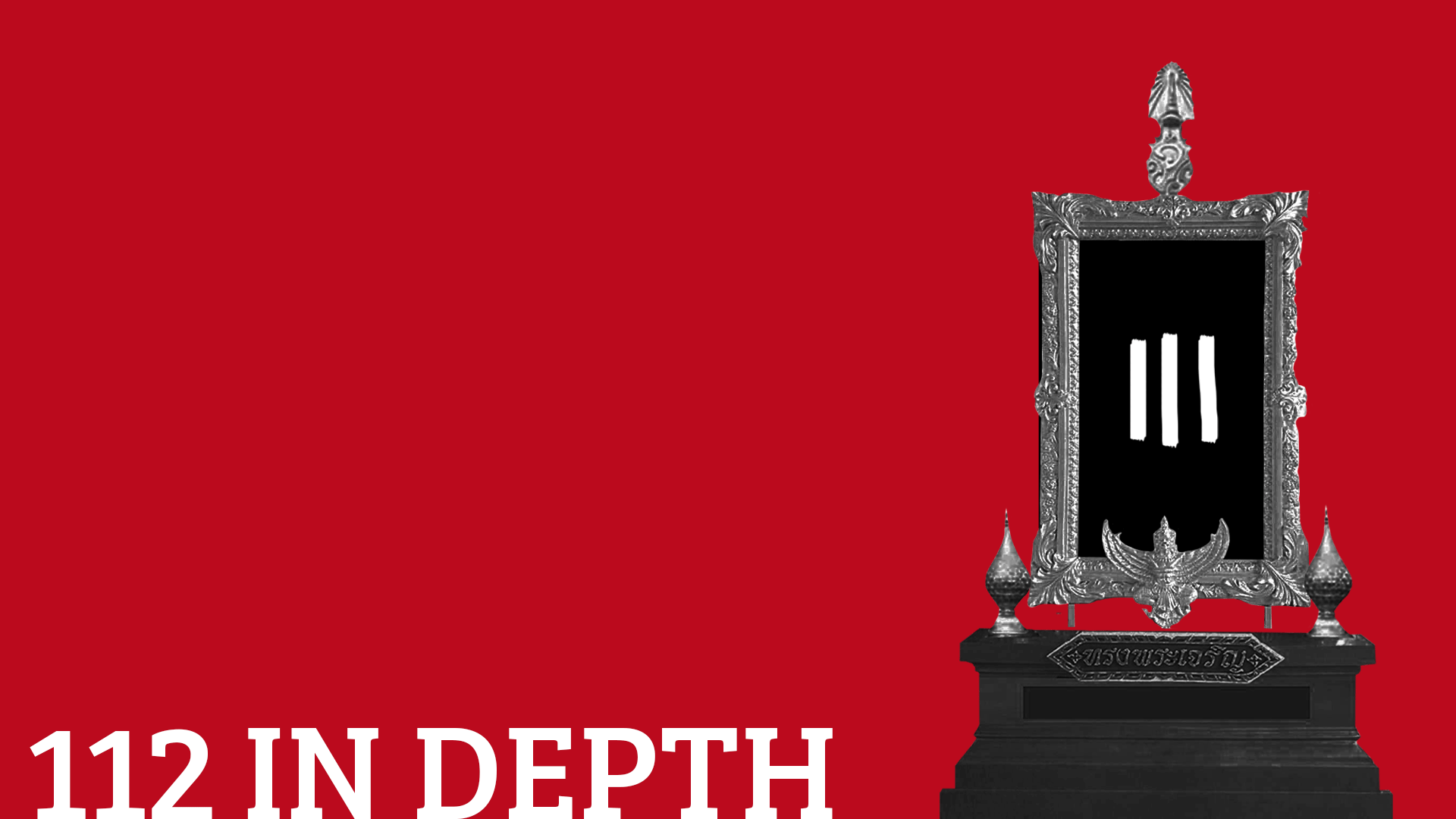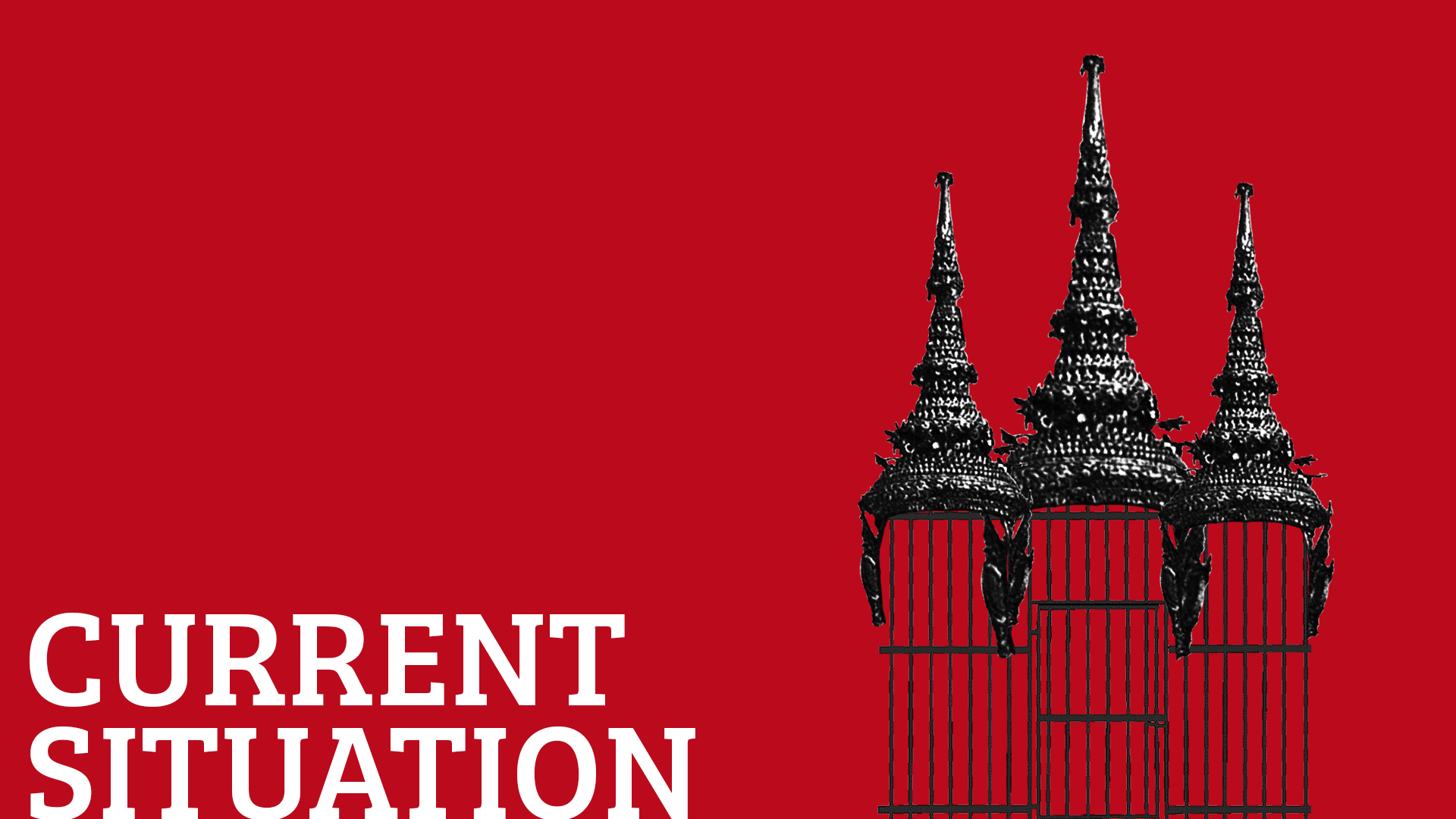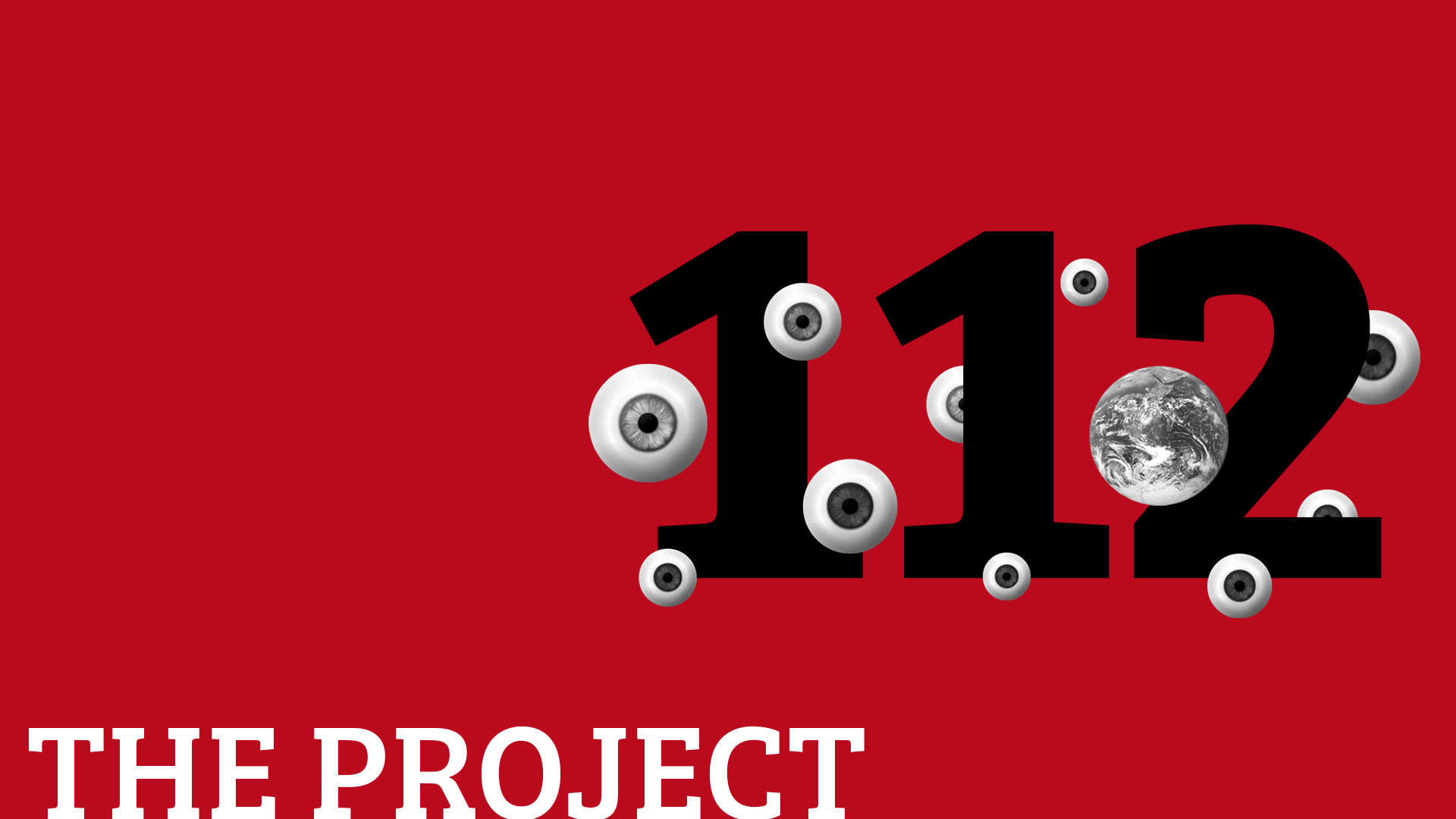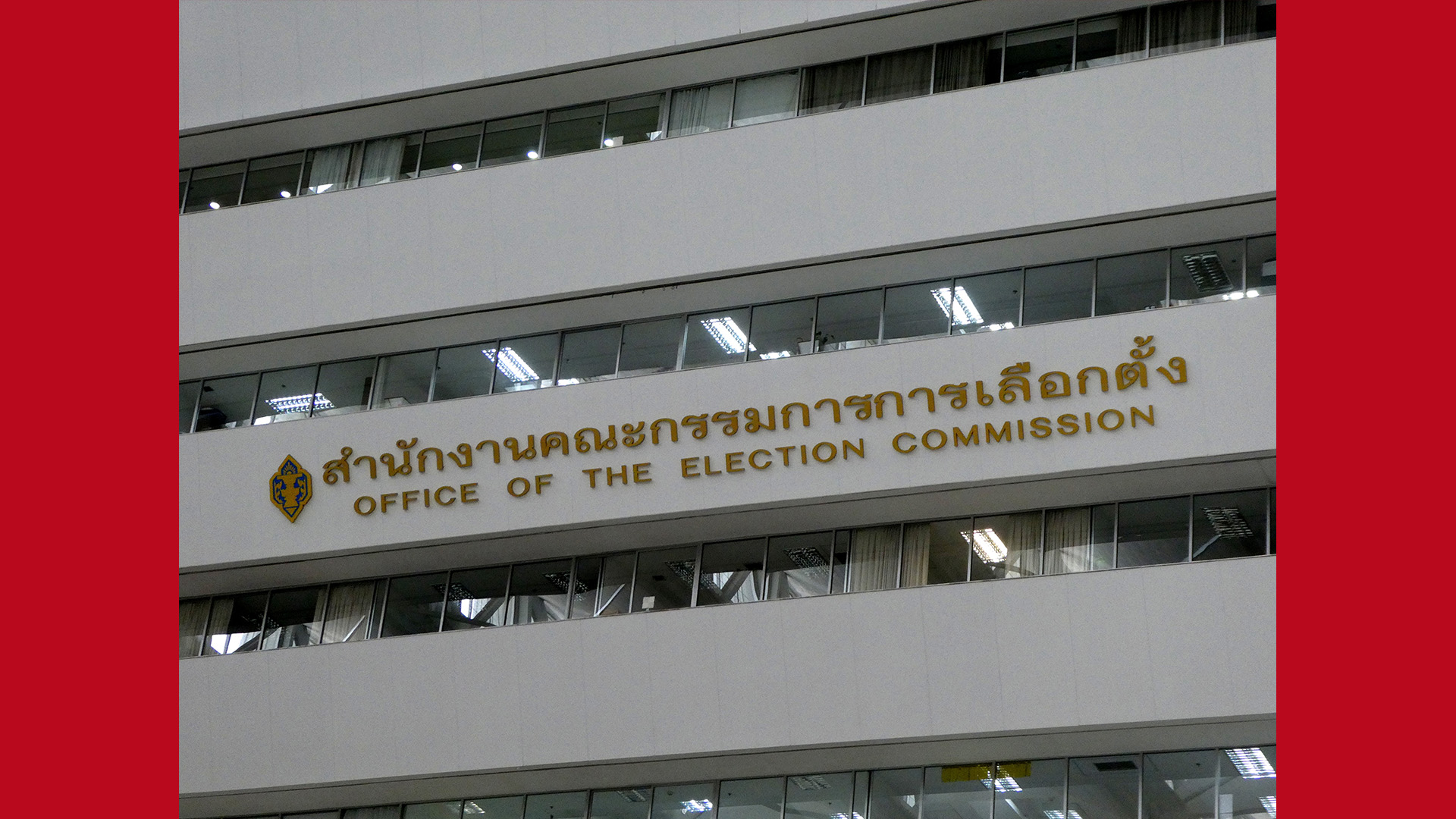
The Royal Paradox: Thailand's Constitutional Absolutism
In this article, Prem Singh Gill discusses how Thailand's constitutional design can serve as a sophisticated tool for transforming limited monarchy into practical absolutism while maintaining democratic appearances.
February 14, 2025
Thailand's current constitutional crisis reveals a masterful feat of political engineering: a system that uses democratic institutions to achieve anti-democratic ends. At its core, Section 256 and related provisions create an elaborate maze of legal requirements that appear to protect democracy while actually consolidating power under a monarchy-military alliance. This "constitutional absolutism" represents a sophisticated evolution beyond traditional authoritarian systems, using democratic procedures, judicial review, and parliamentary mechanisms to strengthen royal power while maintaining a convincing democratic facade.
Democratic Procedures Mask Monarchical Power
At the heart of Thailand's current constitutional crisis lies a pressing question: "How does constitutional engineering, particularly through provisions like Section 256, serve as a sophisticated mechanism for consolidating monarchical-military power while presenting a facade of democratic transition?" The recent parliamentary deadlock over constitutional amendments reveals the profound contradiction between Thailand's outward democratic aspirations and the internal consolidation of power under King Vajiralongkorn's reign, facilitated by military-draughted constitutional frameworks.
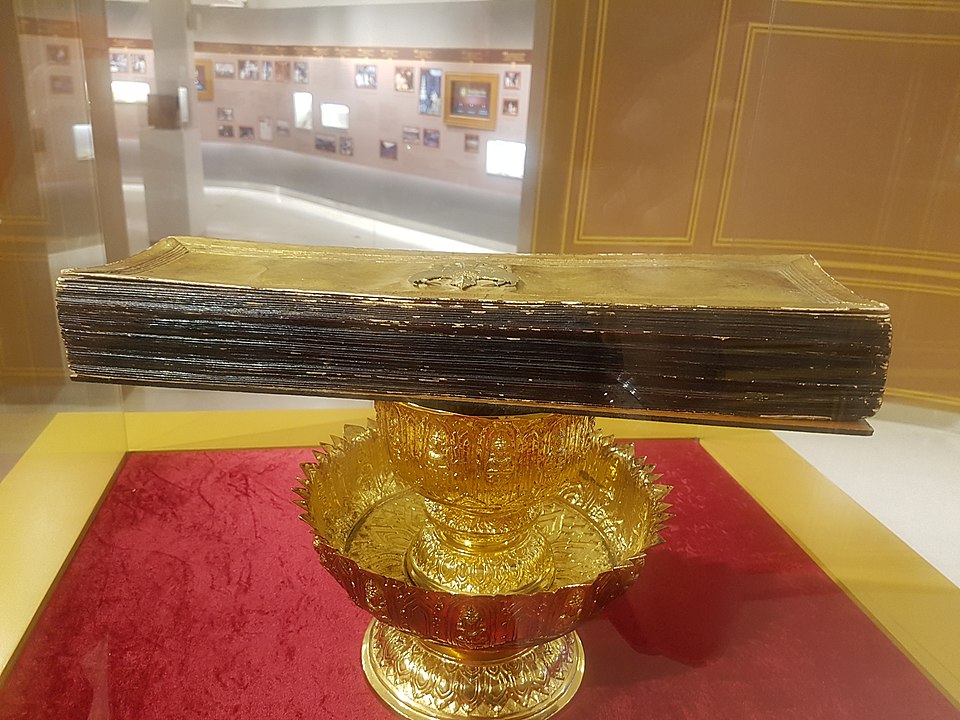
The labyrinthine requirements outlined in Section 256 of Thailand's constitution exemplify what constitutional scholar Tom Ginsburg terms "authoritarian constitutionalism." These provisions create an illusion of democratic process while effectively neutralising attempts at substantial reform. The current impasse over the Charter Draughting Assembly (CDA) proposal illuminates how seemingly democratic procedures are weaponized against democratic change itself. The Bhumjaithai Party's strategic walkout, justified by citing the 2021 Constitutional Court ruling requiring a preliminary referendum, demonstrates the sophisticated interplay between judicial review and political obstruction in service of monarchical-military interests.
This constitutional architecture represents a particularly sophisticated evolution of what scholars term "crown-military alliance." Unlike traditional military dictatorships, Thailand's system uses complex legal mechanisms to strengthen monarchical power while maintaining democratic appearances. The military-draughted constitution serves not just to protect military interests but to facilitate an unprecedented expansion of royal power under King Vajiralongkorn, creating what might be termed a "neo-absolutist" framework masked by democratic institutions.
The Perfect Trap: Section 256 and the Death of Reform
The phenomenon of using constitutional courts as guardians of authoritarian stability rather than democratic principles represents what Mark Tushnet calls "abusive constitutionalism." In Thailand's case, the Constitutional Court's requirement for both pre- and post-draughting referendums creates a paradoxical situation where popular sovereignty is simultaneously invoked and constrained. This judicial constitutionalism serves as a powerful tool for legitimising the expansion of royal power while appearing to protect democratic principles.
The current parliamentary dynamics, particularly Pheu Thai's strategic absence to prevent a quorum, reveals the sophisticated nature of what Katherine Younger terms "institutional trap doors" in hybrid regimes. These mechanisms ensure that even when reform-minded parties gain electoral victories, the institutional architecture prevents meaningful change that might challenge the monarchy-military power structure. This differs significantly from classic authoritarian systems by maintaining democratic institutions while systematically hollowing out their effectiveness.
The concept of "Thai-style democracy" has evolved beyond its traditional understanding. What was once a system of limited democracy under military tutelage has transformed into a constitutional framework that facilitates monarchical absolutism while maintaining democratic appearances. This arrangement has proven remarkably resilient, partly because it successfully combines elements of traditional legitimacy, military influence, and democratic procedures in a way that frustrates straightforward democratisation efforts while strengthening royal authority.

Kings' Constitutional Masquerade: Thailand's Neo-Absolutist Design
International reactions to Thailand's constitutional crisis, particularly from strategic partners like Japan and the United States, highlight what David Shambaugh calls the "legitimacy-stability trade-off" in international relations. Western democracies' acceptance of Thailand's democratic facade inadvertently legitimises what has become an increasingly absolutist monarchy operating behind a military-draughted constitutional shield.
The requirement for both pre- and post-draughting referendums exemplifies what Kim Lane Scheppele terms "autocratic legalism" – using hyper-legal mechanisms to frustrate democratic change while facilitating power consolidation. This approach differs from naked authoritarianism by creating multiple, seemingly legitimate hurdles that exhaust reform efforts while maintaining democratic appearances and strengthening monarchical control.
Comparative analysis with other cases of military-influenced constitutions offers important insights. Unlike Chile's transition from Pinochet's constitution or Myanmar's ongoing constitutional crisis, Thailand's case is unique in how the military-draughted constitution serves not just to protect military interests but to facilitate an expansion of monarchical power. This creates a more complex challenge for democratisation efforts, as they must contend not only with military influence but with an increasingly powerful monarchy operating behind constitutional barriers.
The sophisticated use of constitutional mechanisms to prevent reform while strengthening royal power represents what might be termed "constitutional absolutism" – where democratic institutions and procedures are maintained as a facade while actual power increasingly concentrates in the monarchy. This arrangement differs from traditional forms of authoritarian constitutionalism by using democratic procedures to facilitate rather than constrain monarchical power.
Conclusion
Looking forward, Thailand's experience suggests that traditional models of democratic transition may be insufficient when confronting this sophisticated form of constitutional monarchy-military alliance. The challenge lies not merely in overcoming military influence but in addressing a constitutional framework designed to strengthen monarchical power while maintaining democratic appearances.
This constitutional crisis offers crucial lessons for understanding how traditional institutions can adapt to modern contexts. The military-draughted constitution serves not just as a barrier to democracy but as an enabler of monarchical power consolidation, creating what scholars might term a "neo-absolutist constitutional monarchy" – where democratic institutions exist primarily to legitimate and facilitate royal power rather than constrain it.
Thailand's case thus represents a critical example of how constitutional design can serve as a sophisticated tool for transforming limited monarchy into practical absolutism while maintaining democratic appearances. The intricate interplay between judicial oversight, parliamentary procedures, and international legitimacy creates a system that is simultaneously more stable and more resistant to democratic reform than traditional authoritarian regimes, while facilitating an unprecedented expansion of royal power under the current monarch.
Prem Singh Gill
Prem Singh Gill is a Visiting Scholar at the Universitas Muhammadiyah Yogyakarta, Indonesia and a Visiting Scholar in Thai Public Universities.
